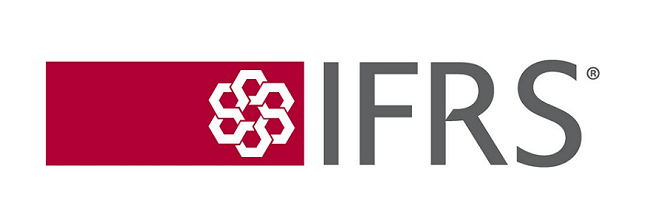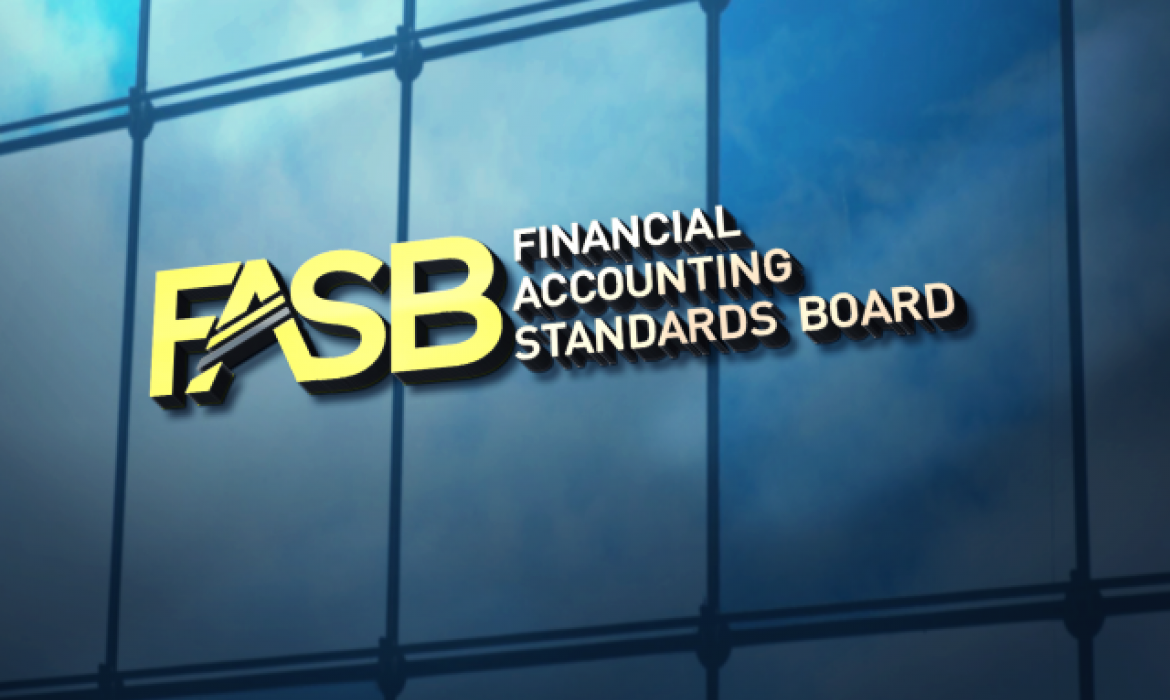The International Accounting Standard Board has issued a new IFRS Accounting Standard for subsidiaries. IFRS 19, Subsidiaries without Public Accountability: Disclosures, permits eligible subsidiaries to use IFRS Accounting Standards with reduced disclosures. Applying IFRS 19 will reduce the costs of preparing subsidiaries’ financial statements while maintaining the usefulness of the information for users of their financial statements.
When a parent company prepares consolidated financial statements that comply with IFRS Accounting Standards, its subsidiaries are required to report to the parent using IFRS Accounting Standards. However, for their own financial statements, subsidiaries are permitted to use IFRS Accounting Standards, the IFRS for SMEs Accounting Standard or national accounting standards.
Subsidiaries using the IFRS for SMEs Accounting Standard or national accounting standards for their own financial statements often keep two sets of accounting records because the requirements in these Standards differ from those in IFRS Accounting Standards.
Subsidiaries using IFRS Accounting Standards for their own financial statements provide disclosures that maybe disproportionate to the information needs of their users.
IFRS 19 will resolve these challenges by:
- enabling subsidiaries to keep only one set of accounting records―to meet the needs of both their parent company and the users of their financial statements; and
- reducing disclosure requirements―IFRS 19 permits reduced disclosures better suited to the needs of the users of their financial statements.
“IFRS 19 reduces costs in the financial reporting ecosystem, especially for companies, while meeting users’ information needs,” said Andreas Barckow, IASB chair. “It simplifies the reporting for subsidiaries by permitting the global financial reporting language to be applied throughout the group.”
Subsidiaries are eligible to apply IFRS 19 if they do not have public accountability and their parent company applies IFRS Accounting Standards in their consolidated financial statements. A subsidiary does not have public accountability if it does not have equities or debt listed on a stock exchange and does not hold assets in a fiduciary capacity for a broad group of outsiders.
Thanks for reading CPA Practice Advisor!
Subscribe Already registered? Log In
Need more information? Read the FAQs




